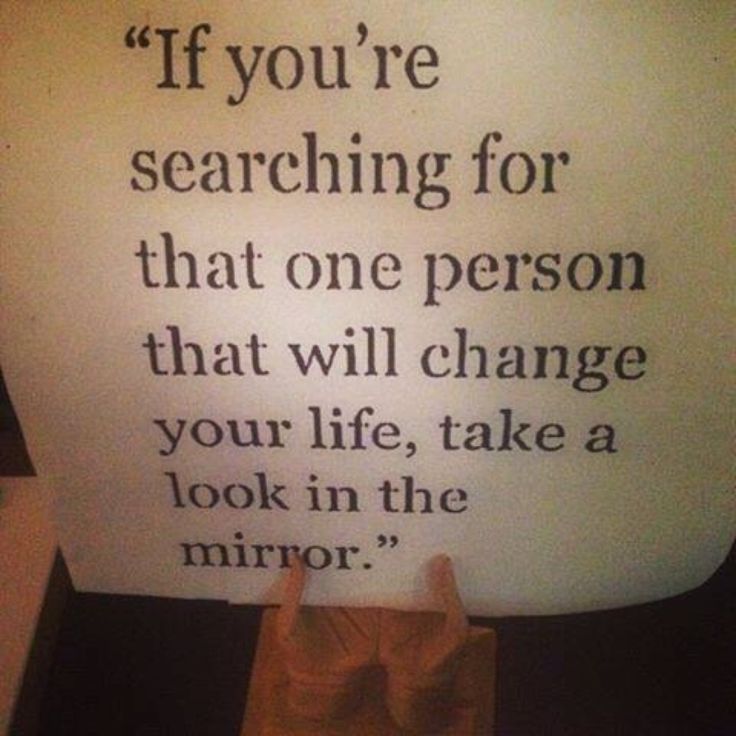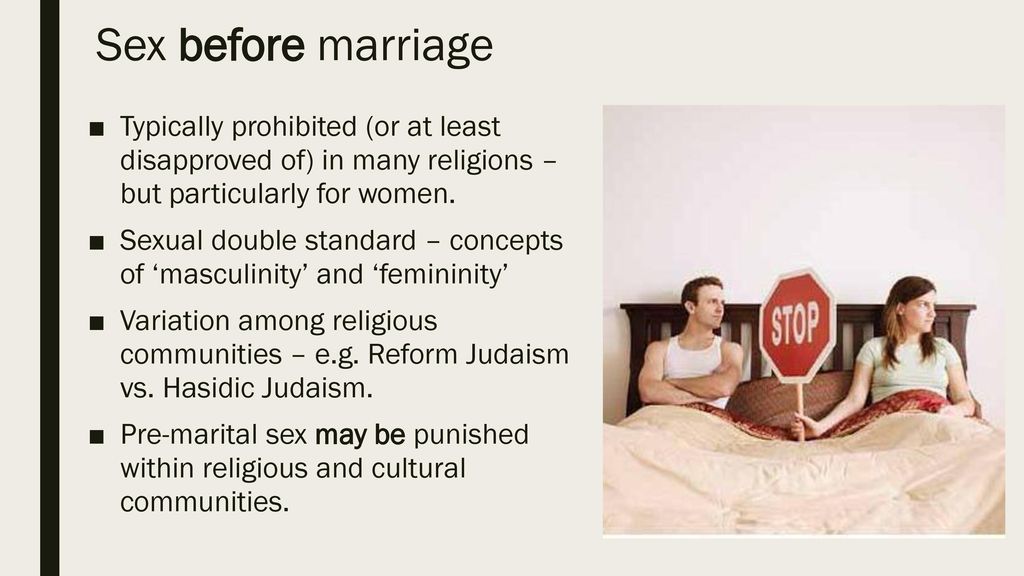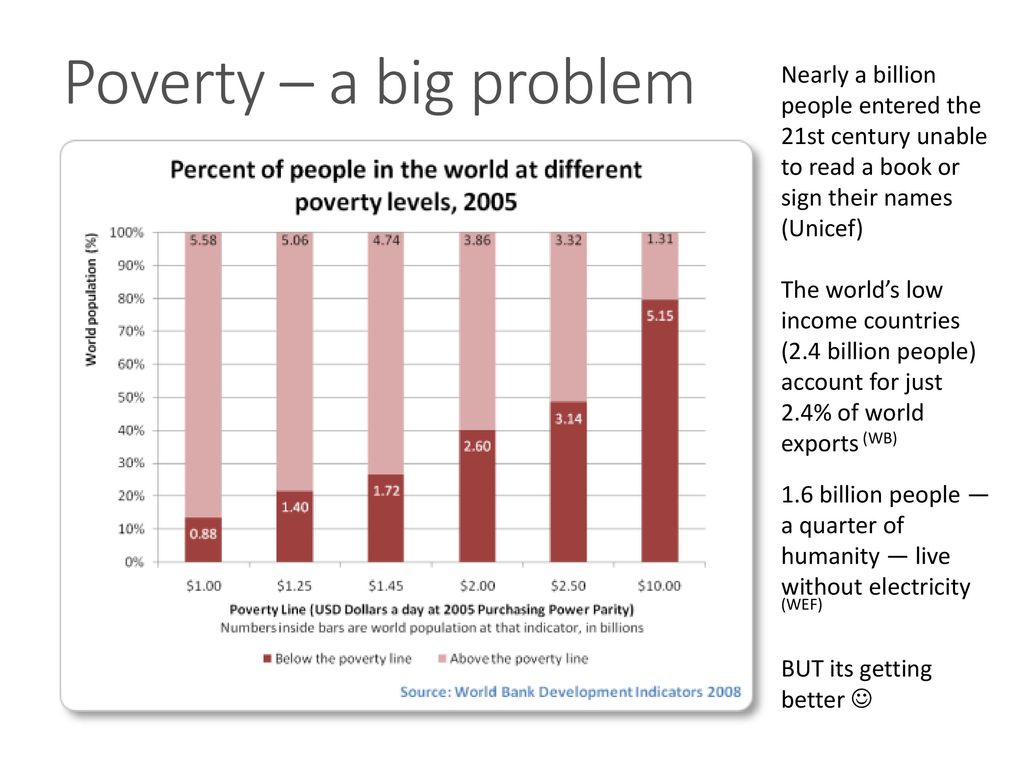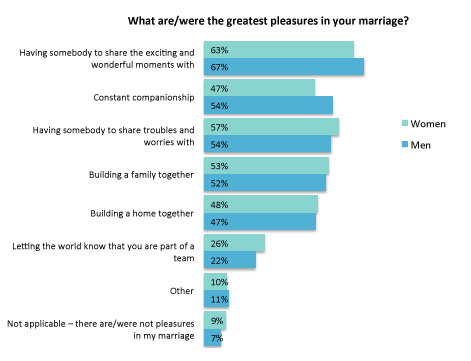Changing your personality
I Gave Myself Three Months to Change My Personality
The author, photographed in December (Illustration by Gabriela Pesqueira; photographs by Devin Christopher for The Atlantic)Science
The results were mixed.
By Olga KhazanOne morning last summer, I woke up and announced, to no one in particular: “I choose to be happy today!” Next I journaled about the things I was grateful for and tried to think more positively about my enemies and myself. When someone later criticized me on Twitter, I suppressed my rage and tried to sympathize with my hater. Then, to loosen up and expand my social skills, I headed to an improv class.
I was midway through an experiment—sample size: 1—to see whether I could change my personality. Because these activities were supposed to make me happier, I approached them with the desperate hope of a supplicant kneeling at a shrine.
Psychologists say that personality is made up of five traits: extroversion, or how sociable you are; conscientiousness, or how self-disciplined and organized you are; agreeableness, or how warm and empathetic you are; openness, or how receptive you are to new ideas and activities; and neuroticism, or how depressed or anxious you are. People tend to be happier and healthier when they score higher on the first four traits and lower on neuroticism. I’m pretty open and conscientious, but I’m low on extroversion, middling on agreeableness, and off the charts on neuroticism.
Researching the science of personality, I learned that it was possible to deliberately mold these five traits, to an extent, by adopting certain behaviors. I began wondering whether the tactics of personality change could work on me.
Want to explore more of the ideas and science behind well-being? Join Atlantic writers and other experts May 1–3 at The Atlantic’s In Pursuit of Happiness event. Learn more about in-person and virtual registration here.
Learn more about in-person and virtual registration here.
I’ve never really liked my personality, and other people don’t like it either. In grad school, a partner and I were assigned to write fake obituaries for each other by interviewing our families and friends. The nicest thing my partner could shake out of my loved ones was that I “really enjoy grocery shopping.” Recently, a friend named me maid of honor in her wedding; on the website for the event, she described me as “strongly opinionated and fiercely persistent.” Not wrong, but not what I want on my tombstone. I’ve always been bad at parties because the topics I bring up are too depressing, such as everything that’s wrong with my life, and everything that’s wrong with the world, and the futility of doing anything about either.
Neurotic people, twitchy and suspicious, can often “detect things that less sensitive people simply don’t register,” writes the personality psychologist Brian Little in Who Are You, Really? “This is not conducive to relaxed and easy living. ” Rather than being motivated by rewards, neurotic people tend to fear risks and punishments; we ruminate on negative events more than emotionally stable people do. Many, like me, spend a lot of money on therapy and brain medications.
” Rather than being motivated by rewards, neurotic people tend to fear risks and punishments; we ruminate on negative events more than emotionally stable people do. Many, like me, spend a lot of money on therapy and brain medications.
And while there’s nothing wrong with being an introvert, we tend to underestimate how much we’d enjoy behaving like extroverts. People have the most friends they will ever have at age 25, and I am much older than that and never had very many friends to begin with. Besides, my editors wanted me to see if I could change my personality, and I’ll try anything once. (I’m open to experiences!) Maybe I, too, could become a friendly extrovert who doesn’t carry around emergency Xanax.
I gave myself three months.
The best-known expert on personality change is Brent Roberts, a psychologist at the University of Illinois at Urbana-Champaign. Our interview in June felt, to me, a bit like visiting an evidence-based spiritual guru—he had a Zoom background of the red rocks of Sedona and the answers to all my big questions.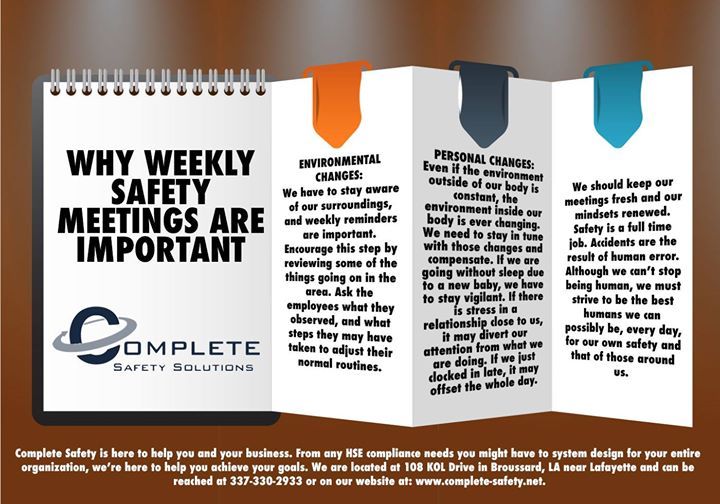 Roberts has published dozens of studies showing that personality can change in many ways over time, challenging the notion that our traits are “set like plaster,” as the psychologist William James put it in 1887. But other psychologists still sometimes tell Roberts that they simply don’t believe it. There is a “deep-seated desire on the part of many people to think of personality as unchanging,” he told me. “It simplifies your world in a way that’s quite nice.” Because then you don’t have to take responsibility for what you’re like.
Roberts has published dozens of studies showing that personality can change in many ways over time, challenging the notion that our traits are “set like plaster,” as the psychologist William James put it in 1887. But other psychologists still sometimes tell Roberts that they simply don’t believe it. There is a “deep-seated desire on the part of many people to think of personality as unchanging,” he told me. “It simplifies your world in a way that’s quite nice.” Because then you don’t have to take responsibility for what you’re like.
Don’t get too excited: Personality typically remains fairly stable throughout your life, especially in relation to other people. If you were the most outgoing of your friends in college, you will probably still be the bubbliest among them in your 30s. But our temperaments tend to shift naturally over the years. We change a bit during adolescence and a lot during our early 20s, and continue to evolve into late adulthood. Generally, people grow less neurotic and more agreeable and conscientious with age, a trend sometimes referred to as the “maturity principle.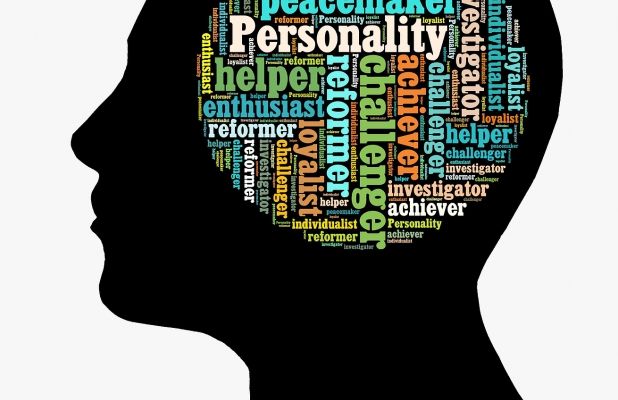 ”
”
Longitudinal research suggests that careless, sullen teenagers can transform into gregarious seniors who are sticklers for the rules. One study of people born in Scotland in the mid-1930s—which admittedly had some methodological issues—found no correlation between participants’ conscientiousness at ages 14 and 77. A later study by Rodica Damian, a psychologist at the University of Houston, and her colleagues assessed the personalities of a group of American high-school students in 1960 and again 50 years later. They found that 98 percent of the participants had changed at least one personality trait.
Even our career interests are more stable than our personalities, though our jobs can also change us: In one study, people with stressful jobs became more introverted and neurotic within five years.
With a little work, you can nudge your personality in a more positive direction. Several studies have found that people can meaningfully change their personalities, sometimes within a few weeks, by behaving like the sort of person they want to be.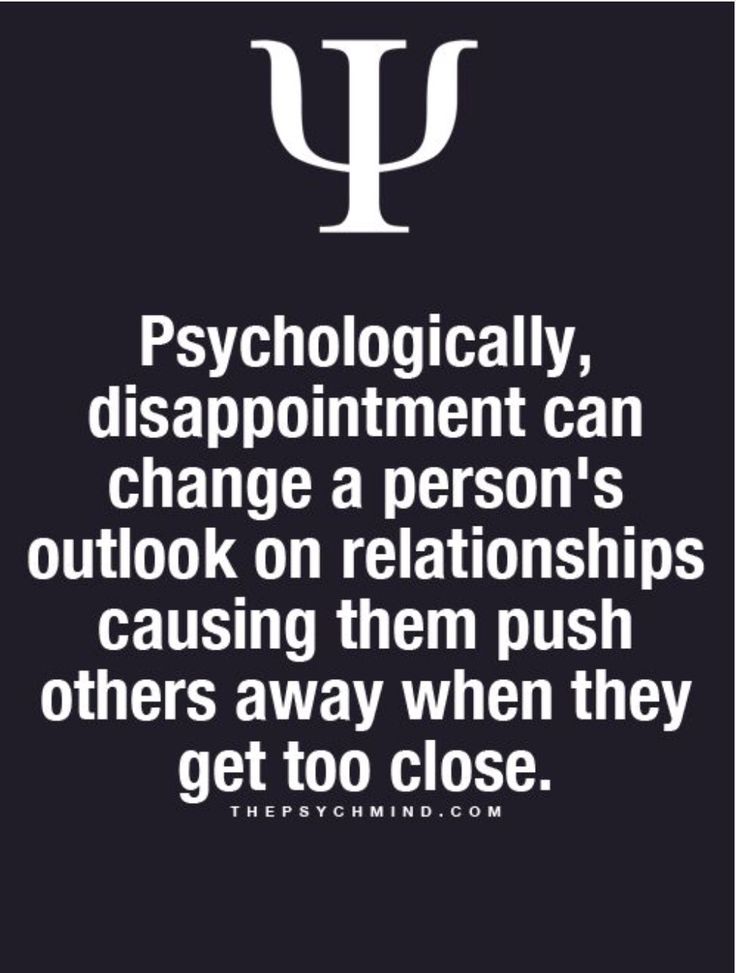 Students who put more effort into their homework became more conscientious. In a 2017 meta-analysis of 207 studies, Roberts and others found that a month of therapy could reduce neuroticism by about half the amount it would typically decline over a person’s life. Even a change as minor as taking up puzzles can have an effect: One study found that senior citizens who played brain games and completed crossword and sudoku puzzles became more open to experiences. Though most personality-change studies have tracked people for only a few months or a year afterward, the changes seem to stick for at least that long.
Students who put more effort into their homework became more conscientious. In a 2017 meta-analysis of 207 studies, Roberts and others found that a month of therapy could reduce neuroticism by about half the amount it would typically decline over a person’s life. Even a change as minor as taking up puzzles can have an effect: One study found that senior citizens who played brain games and completed crossword and sudoku puzzles became more open to experiences. Though most personality-change studies have tracked people for only a few months or a year afterward, the changes seem to stick for at least that long.
When researchers ask, people typically say they want the success-oriented traits: to become more extroverted, more conscientious, and less neurotic. Roberts was surprised that I wanted to become more agreeable. Lots of people think they’re too agreeable, he told me. They feel they’ve become doormats.
Toward the end of our conversation, I asked Roberts whether there’s anything he would change about his own personality. He admitted that he’s not always very detail-oriented (a.k.a. conscientious). He also regretted the anxiety (a.k.a. neuroticism) he experienced early in his career. Grad school was a “disconcerting experience,” he said: The son of a Marine and an artist, he felt that his classmates were all “brilliant and smart” and understood the world of academia better than he did.
I was struck by how similar his story sounded to my own. My parents are from the Soviet Union and barely understand my career in journalism. I went to crappy public schools and a little-known college. I’ve notched every minor career achievement through night sweats and meticulous emails and aching computer shoulders. Neuroticism had kept my inner fire burning, but now it was suffocating me with its smoke.
What about your life are you most afraid to change, and why? Please record an audio clip, no longer than three minutes, and send it to howtopodcast@theatlantic.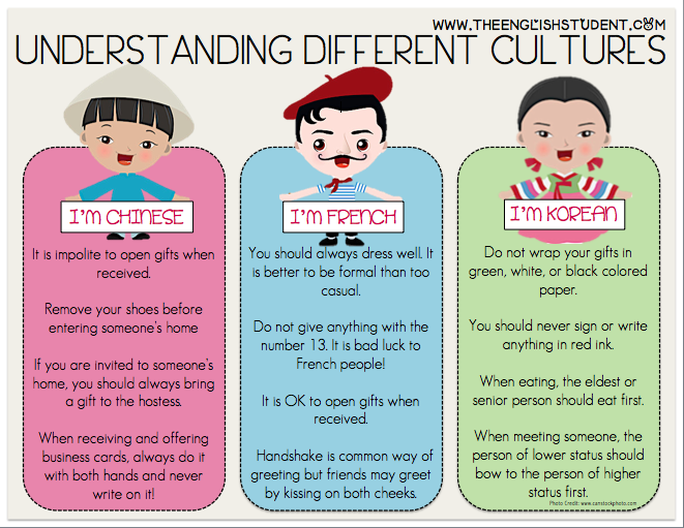
To begin my transformation, I called Nathan Hudson, a psychology professor at Southern Methodist University who created a tool to help people alter their personality. For a 2019 paper, Hudson and three other psychologists devised a list of “challenges” for students who wanted to change their traits. For, say, increased extroversion, a challenge would be to “introduce yourself to someone new.” Those who completed the challenges experienced changes in their personality over the course of the 15-week study, Hudson found. “Faking it until you make it seems to be a viable strategy for personality change,” he told me.
But before I could tinker with my personality, I needed to find out exactly what that personality consisted of. So I logged on to a website Hudson had created and took a personality test, answering dozens of questions about whether I liked poetry and parties, whether I acted “wild and crazy,” whether I worked hard. “I radiate joy” got a “strongly disagree.” I disagreed that “we should be tough on crime” and that I “try not to think about the needy.” I had to agree, but not strongly, that “I believe that I am better than others.”
“I radiate joy” got a “strongly disagree.” I disagreed that “we should be tough on crime” and that I “try not to think about the needy.” I had to agree, but not strongly, that “I believe that I am better than others.”
I scored in the 23rd percentile on extroversion—“very low,” especially when it came to being friendly or cheerful. Meanwhile, I scored “very high” on conscientiousness and openness and “average” on agreeableness, my high level of sympathy for other people making up for my low level of trust in them. Finally, I came to the source of half my breakups, 90 percent of my therapy appointments, and most of my problems in general: neuroticism. I’m in the 94th percentile—“extremely high.”
I prescribed myself the same challenges that Hudson had given his students. To become more extroverted, I would meet new people. To decrease neuroticism, I would meditate often and make gratitude lists. To increase agreeableness, the challenges included sending supportive texts and cards, thinking more positively about people who frustrate me, and, regrettably, hugging. In addition to completing Hudson’s challenges, I decided to sign up for improv in hopes of increasing my extroversion and reducing my social anxiety. To cut down on how pissed off I am in general, and because I’m an overachiever, I also signed up for an anger-management class.
In addition to completing Hudson’s challenges, I decided to sign up for improv in hopes of increasing my extroversion and reducing my social anxiety. To cut down on how pissed off I am in general, and because I’m an overachiever, I also signed up for an anger-management class.
Hudson’s findings on the mutability of personality seem to endorse the ancient Buddhist idea of “no-self”—no core “you.” To believe otherwise, the sutras say, is a source of suffering. Similarly, Brian Little writes that people can have “multiple authenticities”—that you can sincerely be a different person in different situations. He proposes that people have the ability to temporarily act out of character by adopting “free traits,” often in the service of an important personal or professional project. If a shy introvert longs to schmooze the bosses at the office holiday party, they can grab a canapé and make the rounds. The more you do this, Little says, the easier it gets.
Staring at my test results, I told myself, This will be fun! After all, I had changed my personality before. In high school, I was shy, studious, and, for a while, deeply religious. In college, I was fun-loving and boy-crazy. Now I’m a basically hermetic “pressure addict,” as one former editor put it. It was time for yet another me to make her debut.
In high school, I was shy, studious, and, for a while, deeply religious. In college, I was fun-loving and boy-crazy. Now I’m a basically hermetic “pressure addict,” as one former editor put it. It was time for yet another me to make her debut.
Ideally, in the end I would be happy, relaxed, personable. The screams of angry sources, the failure of my boyfriend to do the tiniest fucking thing—they would be nothing to me. I would finally understand what my therapist means when she says I should “just observe my thoughts and let them pass without judgment.” I made a list of the challenges and attached them to my nightstand, because I’m very conscientious.
Immediately I encountered a problem: I don’t like improv. It’s basically a Quaker meeting in which a bunch of office workers sit quietly in a circle until someone jumps up, points toward a corner of the room, and says, “I think I found my kangaroo!” My vibe is less “yes, and” and more “well, actually.” When I told my boyfriend what I was up to, he said, “You doing improv is like Larry David doing ice hockey. ”
”
I was also scared out of my mind. I hate looking silly, and that’s all improv is. The first night, we met in someone’s townhouse in Washington, D.C., in a room that was, for no discernible reason, decorated with dozens of elephant sculptures. Right after the instructor said, “Let’s get started,” I began hoping that someone would grab one and knock me unconscious.
That didn’t happen, so instead I played a game called Zip Zap Zop, which involved making lots of eye contact while tossing around an imaginary ball of energy, with a software engineer, two lawyers, and a guy who works on Capitol Hill. Then we pretended to be traveling salespeople peddling sulfuric acid. If someone had walked in on us, they would have thought we were insane. And yet I didn’t hate it. I decided I could think of being funny and spontaneous as a kind of intellectual challenge. Still, when I got home, I unwound by drinking one of those single-serving wines meant for petite female alcoholics.
A few days later, I logged in to my first Zoom anger-management class.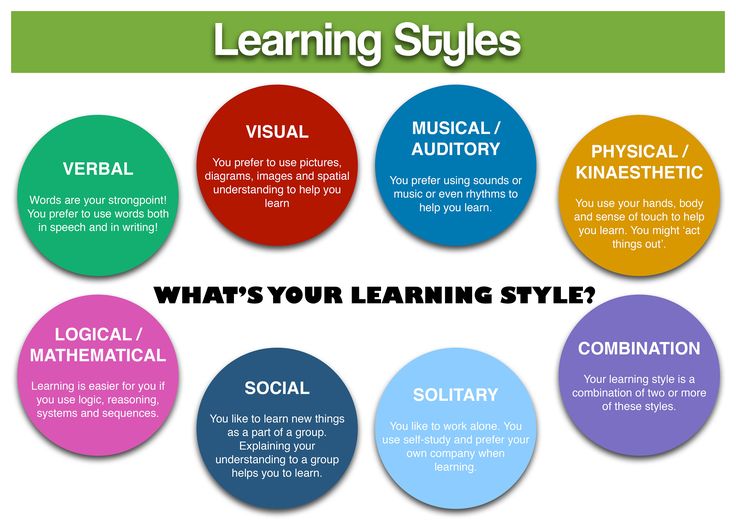 Christian Jarrett, a neuroscientist and the author of Be Who You Want, writes that spending quality time with people who are dissimilar to you increases agreeableness. And the people in my anger-management class did seem pretty different from me. Among other things, I was the only person who wasn’t court-ordered to be there.
Christian Jarrett, a neuroscientist and the author of Be Who You Want, writes that spending quality time with people who are dissimilar to you increases agreeableness. And the people in my anger-management class did seem pretty different from me. Among other things, I was the only person who wasn’t court-ordered to be there.
We took turns sharing how anger has affected our lives. I said it makes my relationship worse—less like a romantic partnership and more like a toxic workplace. Other people worried that their anger was hurting their family. One guy shared that he didn’t understand why we were talking about our feelings when kids in China and Russia were learning to make weapons, which I deemed an interesting point, because you’re not allowed to criticize others in anger management.
The sessions—I went to six—mostly involved reading worksheets together, which was tedious, but I did learn a few things. Anger is driven by expectations. If you think you’re going to be in an anger-inducing situation, one instructor said, try drinking a cold can of Coke, which may stimulate your vagus nerve and calm you down.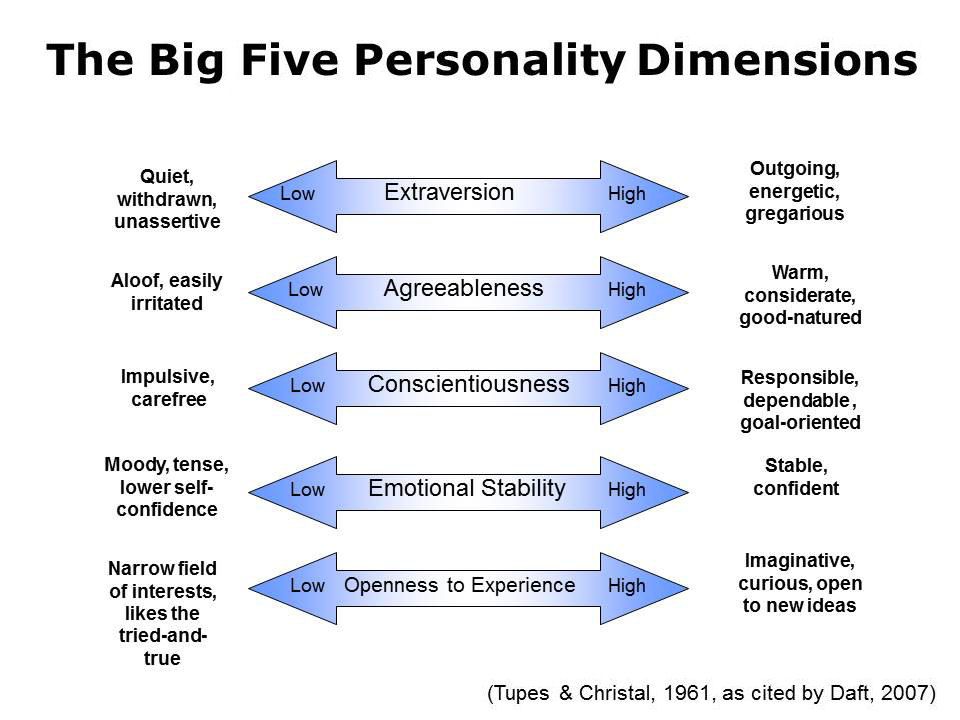 A few weeks in, I had a rough day, my boyfriend gave me some stupid suggestions, and I yelled at him. Then he said I’m just like my dad, which made me yell more. When I shared this in anger management, the instructors said I should be clearer about what I need from him when I’m in a bad mood—which is listening, not advice.
A few weeks in, I had a rough day, my boyfriend gave me some stupid suggestions, and I yelled at him. Then he said I’m just like my dad, which made me yell more. When I shared this in anger management, the instructors said I should be clearer about what I need from him when I’m in a bad mood—which is listening, not advice.
All the while, I had been working on my neuroticism, which involved making a lot of gratitude lists. Sometimes it came naturally. As I drove around my little town one morning, I thought about how grateful I was for my boyfriend, and how lonely I had been before I met him, even in other relationships. Is this gratitude? I wondered. Am I doing it?
What is personality, anyway, and where does it come from?
Contrary to conventional wisdom about bossy firstborns and peacemaking middles, birth order doesn’t influence personality. Nor do our parents shape us like lumps of clay. If they did, siblings would have similar dispositions, when they often have no more in common than strangers chosen off the street.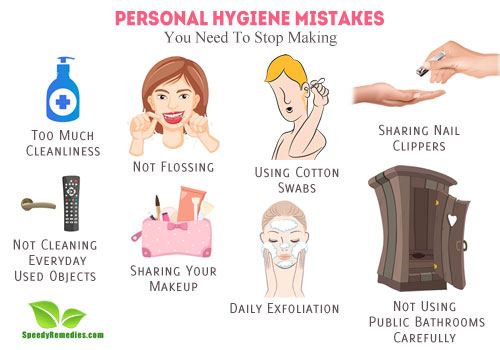 Our friends do influence us, though, so one way to become more extroverted is to befriend some extroverts. Your life circumstances also have an effect: Getting rich can make you less agreeable, but so can growing up poor with high levels of lead exposure.
Our friends do influence us, though, so one way to become more extroverted is to befriend some extroverts. Your life circumstances also have an effect: Getting rich can make you less agreeable, but so can growing up poor with high levels of lead exposure.
A common estimate is that about 30 to 50 percent of the differences between two people’s personalities are attributable to their genes. But just because something is genetic doesn’t mean it’s permanent. Those genes interact with one another in ways that can change how they behave, says Kathryn Paige Harden, a behavioral geneticist at the University of Texas. They also interact with your environment in ways that can change how you behave. For example: Happy people smile more, so people react more positively to them, which makes them even more agreeable. Open-minded adventure seekers are more likely to go to college, where they grow even more open-minded.
Happy people smile more, so people react more positively to them, which makes them even more agreeable.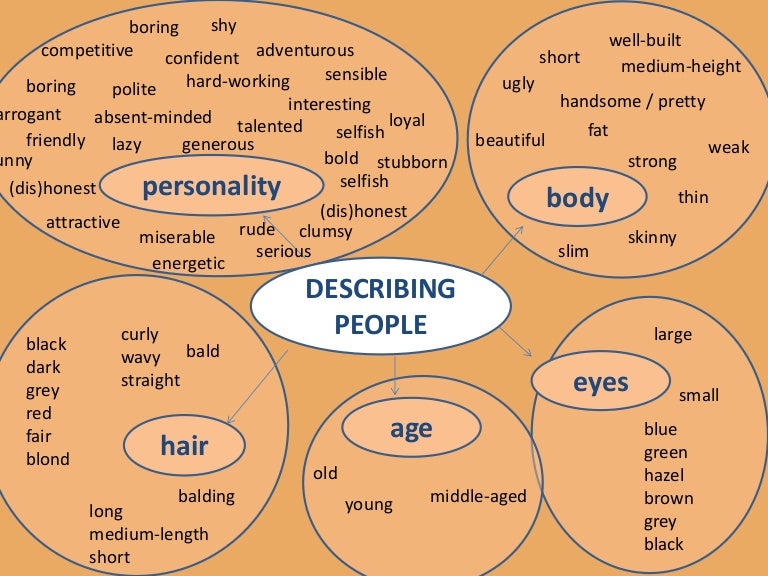
Harden told me about an experiment in which mice that were genetically similar and reared in the same conditions were moved into a big cage where they could play with one another. Over time, these very similar mice developed dramatically different personalities. Some became fearful, others sociable and dominant. Living in Mouseville, the mice carved out their own ways of being, and people do that too. “We can think of personality as a learning process,” Harden said. “We learn to be people who interact with our social environments in a certain way.”
This more fluid understanding of personality is a departure from earlier theories. A 1914 best seller called The Eugenic Marriage (which is exactly as offensive as it sounds) argued that it is not possible to change a child’s personality “one particle after conception takes place.” In the 1920s, the psychoanalyst Carl Jung posited that the world consists of different “types” of people—thinkers and feelers, introverts and extroverts. (Even Jung cautioned, though, that “there is no such thing as a pure extravert or a pure introvert. Such a man would be in the lunatic asylum.”) Jung’s rubric captured the attention of a mother-daughter duo, Katharine Briggs and Isabel Briggs Myers, neither of whom had any formal scientific training. As Merve Emre describes in The Personality Brokers, the pair seized on Jung’s ideas to develop that staple of Career Day, the Myers-Briggs Type Indicator. But the test is virtually meaningless. Most people aren’t ENTJs or ISFPs; they fall between categories.
(Even Jung cautioned, though, that “there is no such thing as a pure extravert or a pure introvert. Such a man would be in the lunatic asylum.”) Jung’s rubric captured the attention of a mother-daughter duo, Katharine Briggs and Isabel Briggs Myers, neither of whom had any formal scientific training. As Merve Emre describes in The Personality Brokers, the pair seized on Jung’s ideas to develop that staple of Career Day, the Myers-Briggs Type Indicator. But the test is virtually meaningless. Most people aren’t ENTJs or ISFPs; they fall between categories.
Over the years, poor parenting has been a popular scapegoat for bad personalities. Alfred Adler, a prominent turn-of-the-20th-century psychologist, blamed mothers, writing that “wherever the mother-child relationship is unsatisfactory, we usually find certain social defects in the children.” A few scholars attributed the rise of Nazism to strict German parenting that produced hateful people who worshipped power and authority.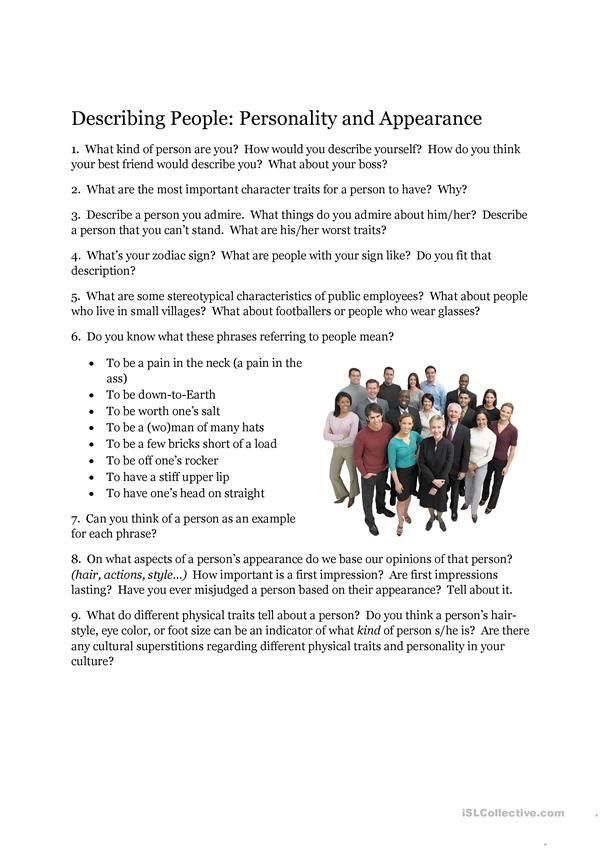 But maybe any nation could have embraced a Hitler: It turns out that the average personalities of different countries are fairly similar. Still, the belief that parents are to blame persists, so much so that Roberts closes the course he teaches at the University of Illinois by asking students to forgive their moms and dads for whatever personality traits they believe were instilled or inherited.
But maybe any nation could have embraced a Hitler: It turns out that the average personalities of different countries are fairly similar. Still, the belief that parents are to blame persists, so much so that Roberts closes the course he teaches at the University of Illinois by asking students to forgive their moms and dads for whatever personality traits they believe were instilled or inherited.
Not until the 1950s did researchers acknowledge people’s versatility—that we can reveal new faces and bury others. “Everyone is always and everywhere, more or less consciously, playing a role,” the sociologist Robert Ezra Park wrote in 1950. “It is in these roles that we know each other; it is in these roles that we know ourselves.”
Around this time, a psychologist named George Kelly began prescribing specific “roles” for his patients to play. Awkward wallflowers might go socialize in nightclubs, for example. Kelly’s was a rhapsodic view of change; at one point he wrote that “all of us would be better off if we set out to be something other than what we are.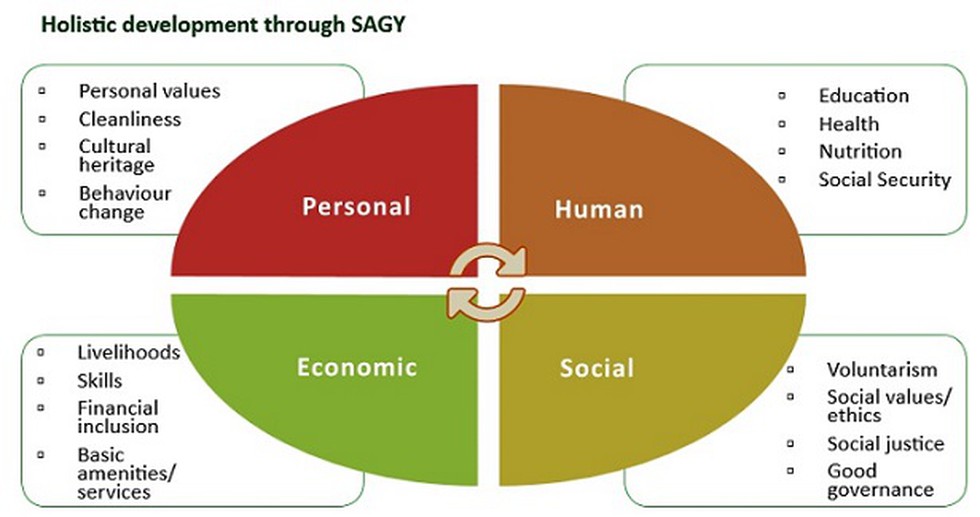 ” Judging by the reams of self-help literature published each year, this is one of the few philosophies all Americans can get behind.
” Judging by the reams of self-help literature published each year, this is one of the few philosophies all Americans can get behind.
About six weeks in, my adventures in extroversion were going better than I’d anticipated. Intent on talking to strangers at my friend’s wedding, I approached a group of women and told them the story of how my boyfriend and I had met—I moved into his former room in a group house—which they deemed the “story of the night.” On the winds of that success, I tried to talk to more strangers, but soon encountered the common wedding problem of Too Drunk to Talk to People Who Don’t Know Me.
For more advice on becoming an extrovert, I reached out to Jessica Pan, a writer in London and the author of the book Sorry I’m Late, I Didn’t Want to Come. Pan was an extreme introvert, someone who would walk into parties and immediately walk out again. At the start of the book, she resolved to become an extrovert. She ran up to strangers and asked them embarrassing questions.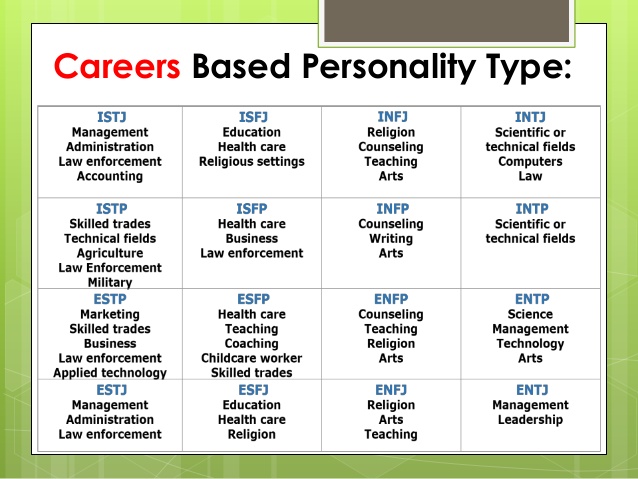 She did improv and stand-up comedy. She went to Budapest and made a friend. Folks, she networked.
She did improv and stand-up comedy. She went to Budapest and made a friend. Folks, she networked.
In the process, Pan “flung open the doors” to her life, she writes. “Having the ability to morph, to change, to try on free traits, to expand or contract at will, offers me an incredible feeling of freedom and a source of hope.” Pan told me that she didn’t quite become a hard-core extrovert, but that she would now describe herself as a “gregarious introvert.” She still craves alone time, but she’s more willing to talk to strangers and give speeches. “I will be anxious, but I can do it,” she said.
I asked her for advice on making new friends, and she told me something a “friendship mentor” once told her: “Make the first move, and make the second move, too.” That means you sometimes have to ask a friend target out twice in a row—a strategy I had thought was gauche.
I practiced by trying to befriend some female journalists I admired but had been too intimidated to get to know.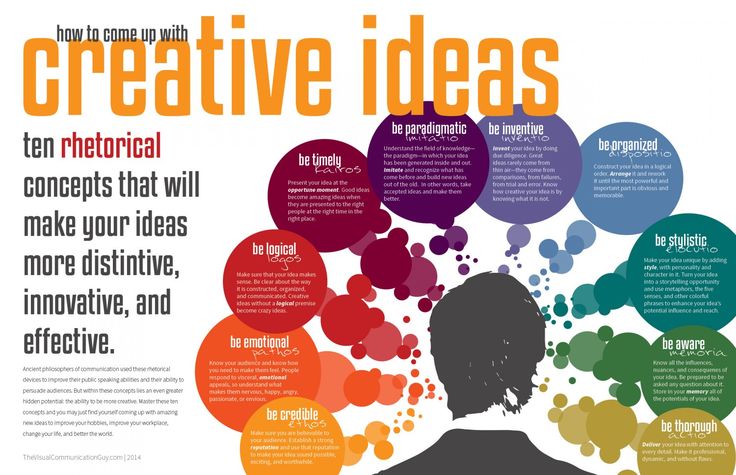 I messaged someone who seemed cool based on her writing, and we arranged a casual beers thing. But on the night we were supposed to get together, her power went out, trapping her car in her garage.
I messaged someone who seemed cool based on her writing, and we arranged a casual beers thing. But on the night we were supposed to get together, her power went out, trapping her car in her garage.
Instead, I caught up with an old friend by phone, and we had one of those conversations you can have only with someone you’ve known for years, about how the people who are the worst remain the worst, and how all of your issues remain intractable, but good on you for sticking with it. By the end of our talk, I was high on agreeable feelings. “Love you, bye!” I said as I hung up.
“LOL,” she texted. “Did you mean to say ‘I love you’?”
Who was this new Olga?
For my gratitude journaling, I purchased a notebook whose cover said, “Gimme those bright sunshiney vibes.” I soon noticed, though, that my gratitude lists were repetitive odes to creature comforts and entertainment: Netflix, yoga, TikTok, leggings, wine. After I cut my finger cooking, I expressed gratitude for the dictation software that let me write without using my hands, but then my finger healed.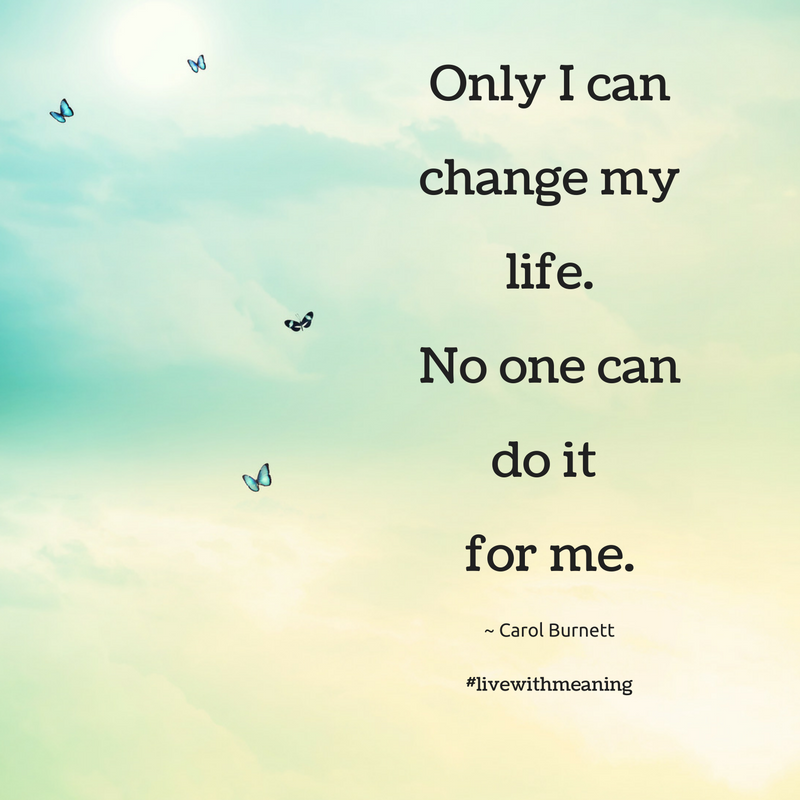 “Very hard to come up with new things to say,” I wrote one day.
“Very hard to come up with new things to say,” I wrote one day.
I find expressing gratitude unnatural, because Russians believe doing so will provoke the evil eye; our God doesn’t like too much bragging. The writer Gretchen Rubin hit a similar wall when keeping a gratitude journal for her book The Happiness Project. “It had started to feel forced and affected,” she wrote, making her annoyed rather than grateful.
I was also supposed to be meditating, but I couldn’t. On almost every page, my journal reads, “Meditating sucks!” I tried a guided meditation that involved breathing with a heavy book on my stomach—I chose Nabokov’s Letters to Véra—only to find that it’s really hard to breathe with a heavy book on your stomach.
I tweeted about my meditation failures, and Dan Harris, a former Good Morning America weekend anchor, replied: “The fact that you’re noticing the thoughts/obsessions is proof that you are doing it correctly!” I picked up Harris’s book 10% Happier, which chronicles his journey from a high-strung reporter who had a panic attack on air to a high-strung reporter who meditates a lot.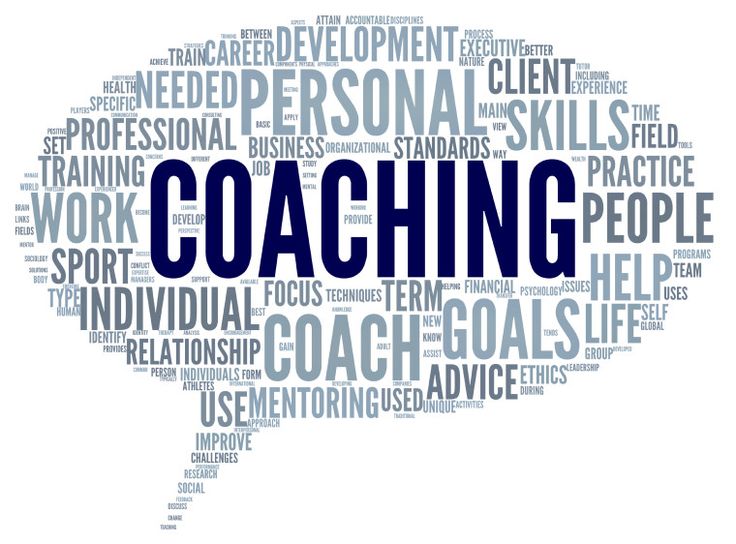 At one point, he was meditating for two hours a day.
At one point, he was meditating for two hours a day.
When I called Harris, he said that it’s normal for meditation to feel like “training your mind to not be a pack of wild squirrels all the time.” Very few people actually clear their minds when they’re meditating. The point is to focus on your breath for however long you can—even if it’s just a second—before you get distracted. Then do it over and over again. Occasionally, when Harris meditates, he still “rehearses some grand, expletive-filled speech I’m gonna deliver to someone who’s wronged me.” But now he can return to his breath more quickly, or just laugh off the obsessing.
Harris suggested that I try loving-kindness meditation, in which you beam affectionate thoughts toward yourself and others. This, he said, “sets off what I call a gooey upward spiral where, as your inner weather gets balmier, your relationships get better.” In his book, Harris describes meditating on his 2-year-old niece. As he thought about her “little feet” and “sweet face with her mischievous eyes,” he started crying uncontrollably.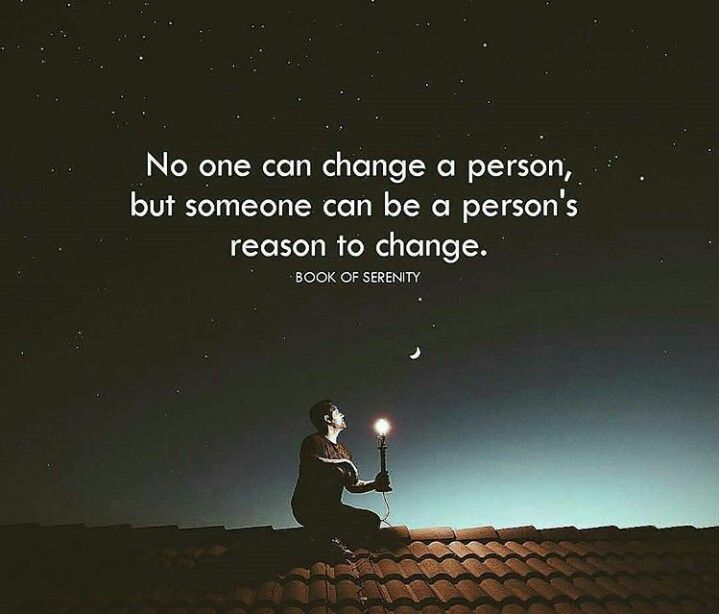
What a pussy, I thought.
I downloaded Harris’s meditation app and pulled up a loving-kindness session by the meditation teacher Sharon Salzberg. She had me repeat calming phrases like “May you be safe” and “May you live with ease.” Then she asked me to envision myself surrounded by a circle of people who love me, radiating kindness toward me. I pictured my family, my boyfriend, my friends, my former professors, emitting beneficence from their bellies like Care Bears. “You’re good; you’re okay,” I imagined them saying. Before I knew what was happening, I had broken into sobs.
After two brutal years, people may be wondering if surviving a pandemic has at least improved their personality, making them kinder and less likely to sweat the small stuff. “Post-traumatic growth,” or the idea that stressful events can make us better people, is the subject of one particularly cheery branch of psychology. Some big events do seem to transform personality: People grow more conscientious when they start a job they like, and they become less neurotic when they enter a romantic relationship. But in general, it’s not the event that changes your personality; it’s the way you experience it. And the evidence that people grow as a result of difficulty is mixed. Studies of post-traumatic growth are tainted by the fact that people like to say they got something out of their trauma.
But in general, it’s not the event that changes your personality; it’s the way you experience it. And the evidence that people grow as a result of difficulty is mixed. Studies of post-traumatic growth are tainted by the fact that people like to say they got something out of their trauma.
It’s a nice thing to believe about yourself—that, pummeled by misfortune, you’ve emerged stronger than ever. But these studies are mostly finding that people prefer to look on the bright side.
In more rigorous studies, evidence of a transformative effect fades. Damian, the University of Houston psychologist, gave hundreds of students at the university a personality test a few months after Hurricane Harvey hit, in November 2017, and repeated the test a year later. The hurricane was devastating: Many students had to leave their homes; others lacked food, water, or medical care for weeks. Damian found that her participants hadn’t grown, and they hadn’t shriveled. Overall they stayed the same. Other research shows that difficult times prompt us to fall back on tried-and-true behaviors and traits, not experiment with new ones.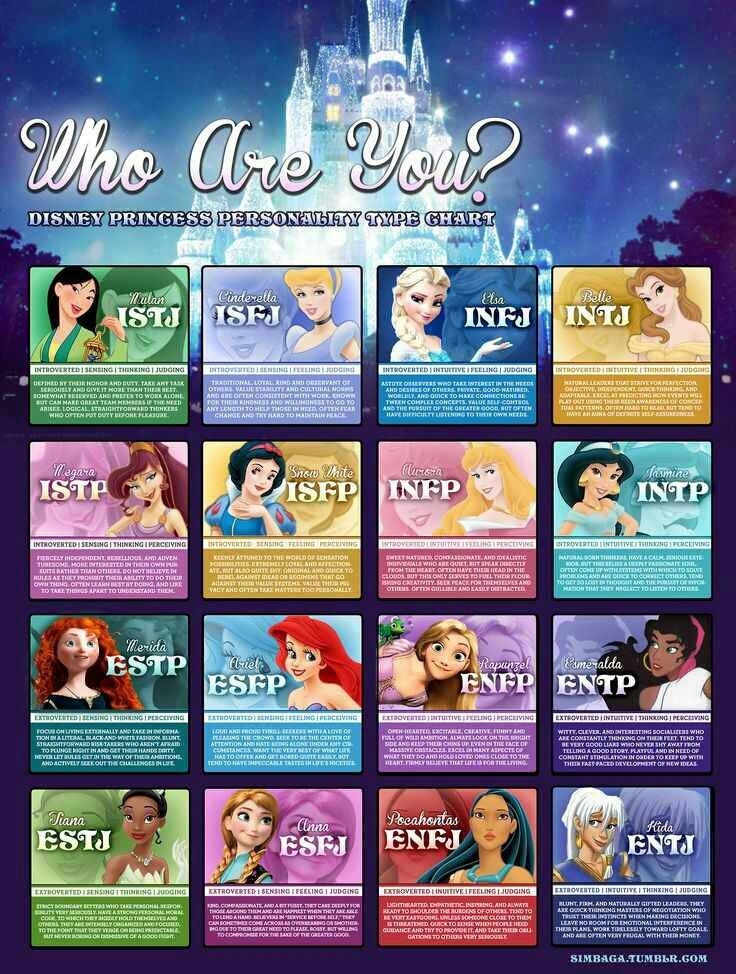
Growth is also a strange thing to ask of the traumatized. It’s like turning to a wounded person and demanding, “Well, why didn’t you grow, you lazy son of a bitch?” Roberts said. Just surviving should be enough.
It may be impossible to know how the pandemic will change us on average, because there is no “average.” Some people have struggled to keep their jobs while caring for children; some have lost their jobs; some have lost loved ones. Others have sat at home and ordered takeout. The pandemic probably hasn’t changed you if the pandemic itself hasn’t felt like that much of a change.
I blew off anger management one week to go see Kesha in concert. I justified it because the concert was a group activity, plus she makes me happy. The next time the class gathered, we talked about forgiveness, which Child Weapons Guy was not big on. He said that rather than forgive his enemies, he wanted to invite them onto a bridge and light the bridge on fire. I thought he should get credit for being honest—who hasn’t wanted to light all their enemies on fire?—but the anger-management instructors started to look a little angry themselves.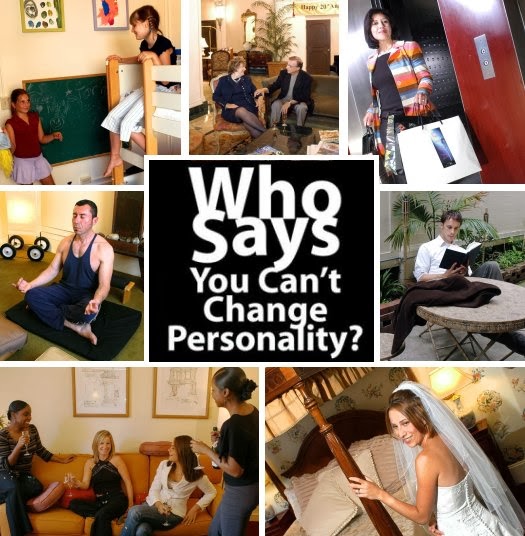
In the next session, Child Weapons Guy seemed contrite, saying he realized that he uses his anger to deal with life, which was a bigger breakthrough than anyone expected. I was also praised, for an unusually tranquil trip home to see my parents, which my instructors said was an example of good “expectation management.”
Meanwhile, my social life was slowly blooming. A Twitter acquaintance invited me and a few other strangers to a whiskey tasting, and I said yes even though I don’t like whiskey or strangers. At the bar, I made some normal-person small talk before having two sips of alcohol and wheeling the conversation around to my personal topic of interest: whether I should have a baby. The woman who organized the tasting, a self-proclaimed extrovert, said people are always grateful to her for getting everyone to socialize. At first, no one wants to come, but people are always happy they did.
I thought perhaps whiskey could be my “thing,” and, to tick off another challenge from Hudson’s list, decided to go to a whiskey bar on my own one night and talk to strangers. I bravely steered my Toyota to a sad little mixed-use development and pulled up a stool at the bar. I asked the bartender how long it had taken him to memorize all the whiskeys on the menu. “Two months,” he said, and turned back to peeling oranges. I asked the woman sitting next to me how she liked her appetizer. “It’s good!” she said. This is awful! I thought. I texted my boyfriend to come meet me.
I bravely steered my Toyota to a sad little mixed-use development and pulled up a stool at the bar. I asked the bartender how long it had taken him to memorize all the whiskeys on the menu. “Two months,” he said, and turned back to peeling oranges. I asked the woman sitting next to me how she liked her appetizer. “It’s good!” she said. This is awful! I thought. I texted my boyfriend to come meet me.
The larger threat on my horizon was the improv showcase—a free performance for friends and family and whoever happened to jog past Picnic Grove No. 1 in Rock Creek Park. The night before, I kept jolting awake from intense, improv-themed nightmares. I spent the day grimly watching old Upright Citizens Brigade shows on YouTube. “I’m nervous on your behalf,” my boyfriend said when he saw me clutching a throw pillow like a life preserver.
To describe an improv show is to unnecessarily punish the reader, but it went fairly well. Along with crushing anxiety, my brain courses with an immigrant kid’s overwhelming desire to do whatever people want in exchange for their approval. I improvised like they were giving out good SAT scores at the end. On the drive home, my boyfriend said, “Now that I’ve seen you do it, I don’t really know why I thought it’s something you wouldn’t do.”
I improvised like they were giving out good SAT scores at the end. On the drive home, my boyfriend said, “Now that I’ve seen you do it, I don’t really know why I thought it’s something you wouldn’t do.”
I didn’t know either. I vaguely remembered past boyfriends telling me that I’m insecure, that I’m not funny. But why had I been trying to prove them right? Surviving improv made me feel like I could survive anything, as bratty as that must sound to all my ancestors who survived the siege of Leningrad.
Finally, the day came to retest my personality and see how much I’d changed. I thought I felt hints of a mild metamorphosis. I was meditating regularly, and had had several enjoyable get-togethers with people I wanted to befriend. And because I was writing them down, I had to admit that positive things did, in fact, happen to me.
But I wanted hard data. This time, the test told me that my extroversion had increased, going from the 23rd percentile to the 33rd. My neuroticism decreased from “extremely high” to merely “very high,” dropping to the 77th percentile. And my agreeableness score … well, it dropped, from “about average” to “low.”
And my agreeableness score … well, it dropped, from “about average” to “low.”
I told Brian Little how I’d done. He said I likely did experience a “modest shift” in extroversion and neuroticism, but also that I might have simply triggered positive feedback loops. I got out more, so I enjoyed more things, so I went to more things, and so forth.
Why didn’t I become more agreeable, though? I had spent months dwelling on the goodness of people, devoted hours to anger management, and even sent an e-card to my mom. Little speculated that maybe by behaving so differently, I had heightened my internal sense that people aren’t to be trusted. Or I might have subconsciously bucked against all the syrupy gratitude time. That I had tried so hard and made negative progress—“I think it’s a bit of a hoot,” he said.
Perhaps it’s a relief that I’m not a completely new person. Little says that engaging in “free trait” behavior—acting outside your nature—for too long can be harmful, because you can start to feel like you are suppressing your true self. You end up feeling burned out or cynical.
You end up feeling burned out or cynical.
The key may not be in swinging permanently to the other side of the personality scale, but in balancing between extremes, or in adjusting your personality depending on the situation. “The thing that makes a personality trait maladaptive is not being high or low on something; it’s more like rigidity across situations,” Harden, the behavioral geneticist, told me.
“So it’s okay to be a little bitchy in your heart, as long as you can turn it off?” I asked her.
“People who say they’re never bitchy in their heart are lying,” she said.
Susan Cain, the author of Quiet and the world’s most famous introvert, seems reluctant to endorse the idea that introverts should try to be more outgoing. Over the phone, she wondered why I wanted to be more extroverted in the first place. Society often urges people to conform to the qualities extolled in performance reviews—punctual, chipper, gregarious. But there are upsides to being introspective, skeptical, and even a little neurotic. She said it’s possible that I didn’t change my underlying introversion, that I just acquired new skills. She thought I could probably maintain this new personality, so long as I kept doing the tasks that got me here.
But there are upsides to being introspective, skeptical, and even a little neurotic. She said it’s possible that I didn’t change my underlying introversion, that I just acquired new skills. She thought I could probably maintain this new personality, so long as I kept doing the tasks that got me here.
Hudson cautioned that personality scores can bounce around a bit from moment to moment; to be certain of my results, I ideally would have taken the test a number of times. Still, I felt sure that some change had taken place. A few weeks later, I wrote an article that made people on Twitter really mad. This happens to me once or twice a year, and I usually suffer a minor internal apocalypse. I fight the people on Twitter while crying, call my editor while crying, and Google How to become an actuary while crying. This time, I was stressed and angry, but I just waited it out.
This kind of modest improvement, I realized, is the goal of so much self-help material. Hours a day of meditation made Harris only 10 percent happier.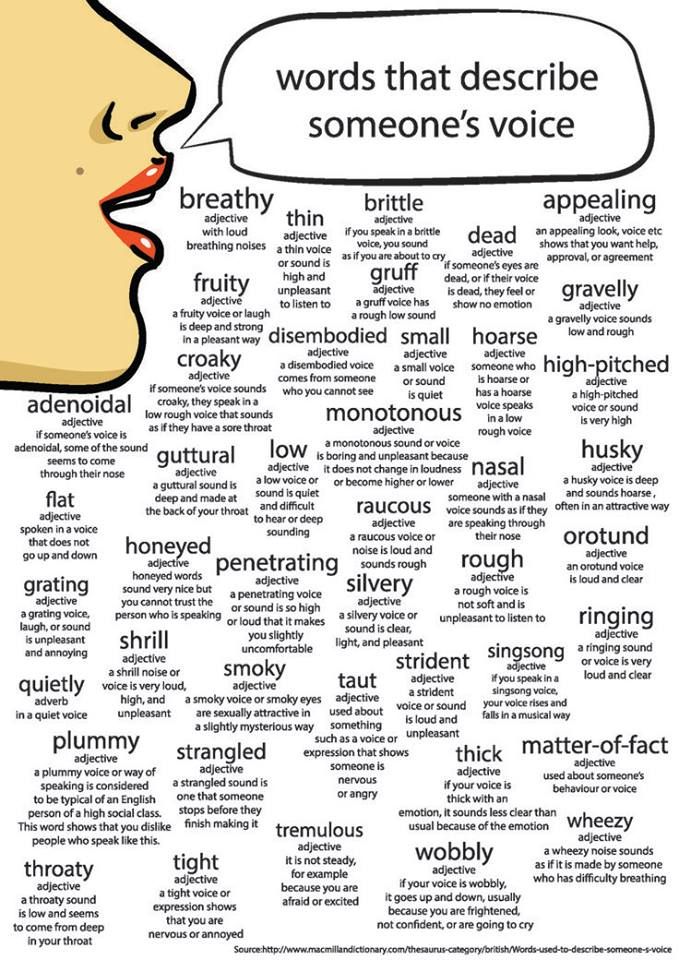 My therapist is always suggesting ways for me to “go from a 10 to a nine on anxiety.” Some antidepressants make people feel only slightly less depressed, yet they take the drugs for years. Perhaps the real weakness of the “change your personality” proposition is that it implies incremental change isn’t real change. But being slightly different is still being different—the same you but with better armor.
My therapist is always suggesting ways for me to “go from a 10 to a nine on anxiety.” Some antidepressants make people feel only slightly less depressed, yet they take the drugs for years. Perhaps the real weakness of the “change your personality” proposition is that it implies incremental change isn’t real change. But being slightly different is still being different—the same you but with better armor.
The late psychologist Carl Rogers once wrote, “When I accept myself just as I am, then I can change,” and this is roughly where I’ve landed. Maybe I’m just an anxious little introvert who makes an effort to be less so. I can learn to meditate; I can talk to strangers; I can be the mouse who frolics through Mouseville, even if I never become the alpha. I learned to play the role of a calm, extroverted softy, and in doing so I got to know myself.
This article appears in the March 2022 print edition with the headline “My Personality Transplant.” When you buy a book using a link on this page, we receive a commission.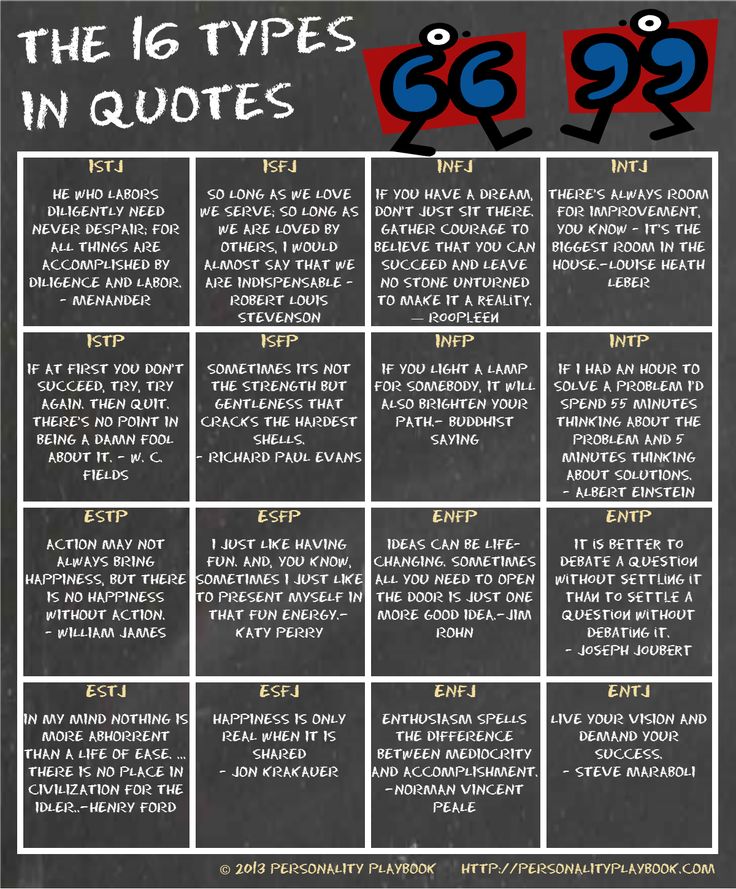 Thank you for supporting The Atlantic.
Thank you for supporting The Atlantic.
Personality Change | Psychology Today
Self-Reinvention
Reviewed by Psychology Today Staff
A personality features a collection of traits that make an individual distinct—traits such as extroversion, openness to new experiences, narcissism, or agreeableness, which some people exhibit more strongly than others. But just because a term like "disagreeable" describes someone well doesn't mean the person necessarily wants to be that way. Procrastinators may wish to become more conscientious; those inclined to gloominess may hope to be more optimistic; the shy may long to be the life of the party. Many people want to change some feature of their personality.
Personality trait measures tend to be fairly stable during adulthood, psychologists have found. Yet research does indicate that there is room for personal evolution, especially over long periods of time as an individual matures. And whether one receives a personality makeover or not, with a little sweat and some luck, it is possible to break out of old behavioral patterns and act more like the person one wants to be.
And whether one receives a personality makeover or not, with a little sweat and some luck, it is possible to break out of old behavioral patterns and act more like the person one wants to be.
Contents
- The Flexibility of Personality
- How to Change Your Personality
How Flexible Is Your Personality?
As consistent as a personality can remain from day to day, research indicates that the adult personality is more malleable than once believed. In studies, individuals do appear to change with age, on average—showing signs of maturation that are measurable through personality questionnaires. Deliberately trying to change one's personality is a different matter, but research has explored ways of doing that, too.
Is it possible to change your personality?
Probably. Extroversion, conscientiousness, agreeableness, and emotional stability are all traits that one may be able to deliberately increase, research suggests, though it’s not yet known how permanent such changes are. They also seem to require active engagement in efforts to change—merely wanting to is likely not enough.
Extroversion, conscientiousness, agreeableness, and emotional stability are all traits that one may be able to deliberately increase, research suggests, though it’s not yet known how permanent such changes are. They also seem to require active engagement in efforts to change—merely wanting to is likely not enough.
Does personality change with age?
Yes, for many people, it does. Research suggests that people tend to become, for example, calmer and more socially sensitive, and less narcissistic, on average. The idea that agreeableness, conscientiousness, and emotional stability tend to increase with age has been called the “maturity principle.” At the same time, people show marked consistency in terms of how their personalities compare to those of their peers, so someone who is more narcissistic than most may remain so over the years.
How much can a person change?
What causes a change in personality?
Many factors may lead to changes in personality. Genetics influences the development of a person’s traits as they grow up, and personality researchers have argued that important life changes (such as getting married) and new social roles (such as a job) can alter personality traits as well. Research indicates that therapy can produce change, especially on the trait of neuroticism.
Genetics influences the development of a person’s traits as they grow up, and personality researchers have argued that important life changes (such as getting married) and new social roles (such as a job) can alter personality traits as well. Research indicates that therapy can produce change, especially on the trait of neuroticism.
How is mental illness related to personality?
Mental health is linked to multiple aspects of personality. The Big Five trait of neuroticism, in particular, has been associated with a variety of mental health conditions, including mood and anxiety disorders, substance use disorders, and certain personality disorders (including borderline personality disorder). Research also suggests that people with some kinds of mental illness, including depression, tend to be relatively low in conscientiousness and extraversion.
Can a brain injury change personality?
Although research is limited, it suggests that brain injury may influence personality.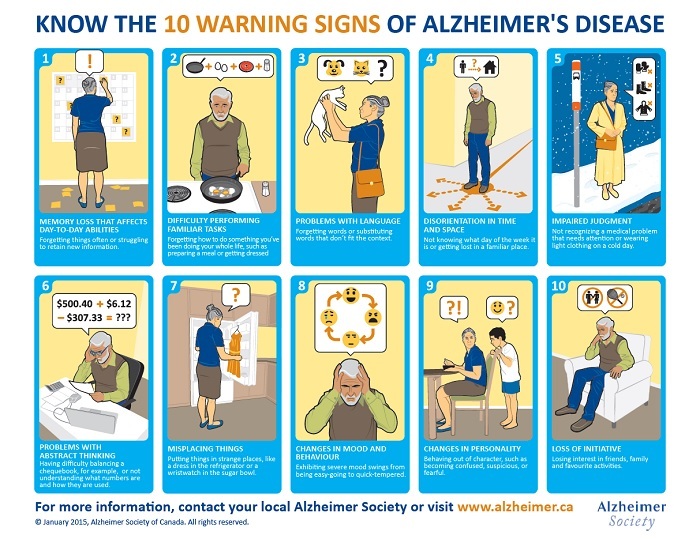 There is evidence, for example, that people who experience a serious head injury or stroke may show decreases in conscientiousness and extroversion.
There is evidence, for example, that people who experience a serious head injury or stroke may show decreases in conscientiousness and extroversion.
How to Change Your Personality
Interventions designed to get people to behave differently—such as by introducing oneself to new people, showing up early to an event, or other challenges—have, at least in experiments, seemed to move the needle on measures of personality traits. But such efforts may need to be consistent and sustained for (at least) a matter of weeks. Psychotherapy also seems to have the power to create positive personality change.
I want to be more extroverted. What should I do?
Engaging in regular social "challenges" might help. Students who wanted to become more extroverted and completed two or more psychologist-devised challenges a week tended to show increases in their questionnaire scores on extroversion over the course of a semester.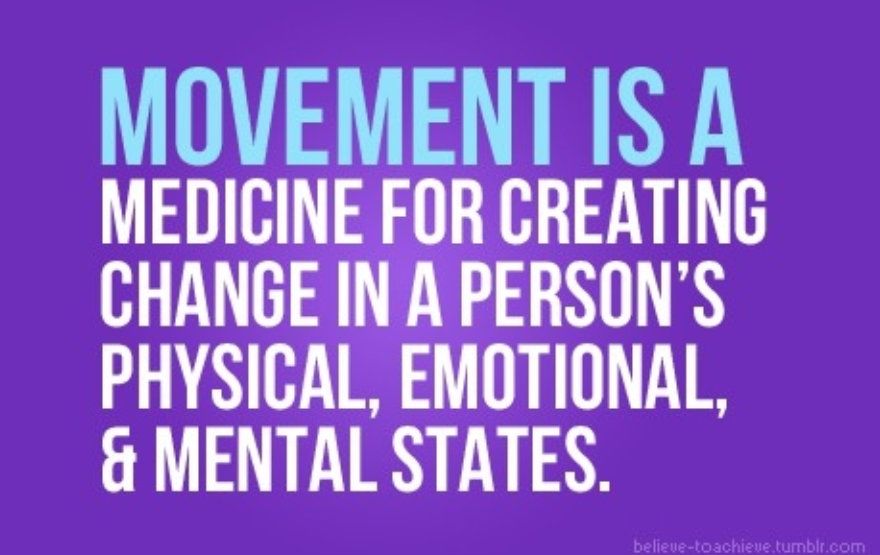 The exercises ranged from simple steps like saying hello to a cashier or waving to someone who lived nearby, to more involved ones such as going to a Meet Up event or organizing a social outing.
The exercises ranged from simple steps like saying hello to a cashier or waving to someone who lived nearby, to more involved ones such as going to a Meet Up event or organizing a social outing.
How can you change a negative personality?
How can I become more conscientious?
Students who took on two or more conscientious-related challenges a week showed some gains in their scores on the trait over the course of a semester. These included tasks such as “Begin preparing for an event 10 minutes earlier than usual," "Set out your clothes the night before," and "Clean up the dishes as soon as you're done with them."
How can you tell whether your personality has changed?
There are a variety of personality tests, and some are available to the general public. Responding to a questionnaire that assesses the Big Five traits (such as the Big Five Inventory) at different points in time—or having someone else respond to questions about you on your behalf—may help you get a clearer sense of the extent to which your personality has changed. Such tests provide scores for each trait on a continuous scale.
Such tests provide scores for each trait on a continuous scale.
Is it ever too late to change your personality?
Personality is not set in stone. While research finds some long-term consistency in measures of different personality traits, it also suggests that change is possible even in old age.
Essential Reads
Recent Posts
Can you change your personality? — News
News Editor 08/01/2020 Health & Fitness, Lifestyle, Education, Psychology 939 views
Is it really possible to change your personality, or are our basic personality patterns fixed throughout life? Although self-help books and websites often advertise plans you can follow to change your habits and behaviors, there is a perception that our core personalities are not subject to change. The Austrian psychoanalyst Sigmund Freud suggested that personality was largely laid down at the age of five.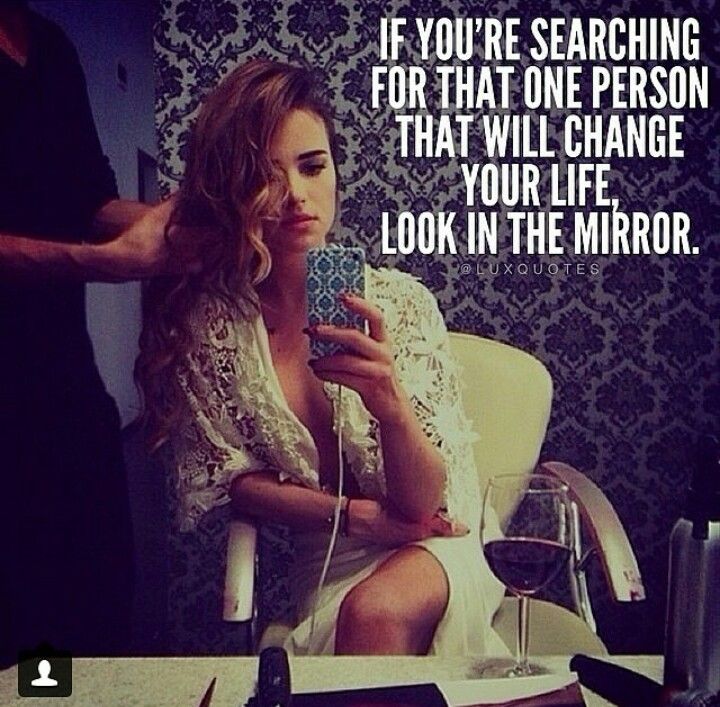 Even many modern psychologists assume that the personality as a whole is relatively stable throughout life.
Even many modern psychologists assume that the personality as a whole is relatively stable throughout life.
But what if you want to change your personality? Can the right attitude and hard inner work lead to real personality changes, or are we stuck with undesirable qualities that prevent us from reaching our goals?
Is personality permanent?
The desire to change personality is not uncommon. Shy people would like to be more sociable and talkative. People with a short temper may wish to remain calm in emotional situations. At many stages in your life, you may find that there are certain aspects of your personality that you would like to change. You can even set goals and work on addressing these potentially problematic qualities. For example, it's common to make New Year's resolutions focused on changing parts of your personality, such as becoming more generous, kind, courageous, patient, or outgoing.
In general, many experts agree that making real and long-term changes in character can be extremely difficult.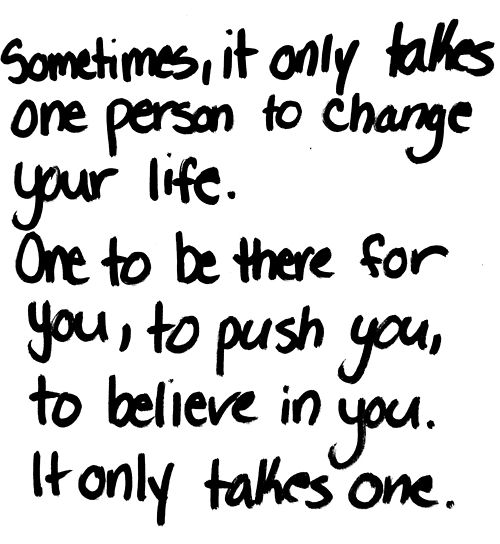 So if you are unhappy with certain aspects of your personality, can you really change something? Some experts, including psychologist Carol Dweck, believe that changing behavior patterns, habits, and beliefs that lie beneath the surface of broad qualities (such as introversion) is the real key to personality change.
So if you are unhappy with certain aspects of your personality, can you really change something? Some experts, including psychologist Carol Dweck, believe that changing behavior patterns, habits, and beliefs that lie beneath the surface of broad qualities (such as introversion) is the real key to personality change.
Factors that shape personality
To understand whether personality can be changed, we must first understand what exactly shapes personality. Is personality shaped by our genetics (nature) or our upbringing, experience, and environment (upbringing)? In the past, theorists and philosophers often took a one-on-one approach and argued for the importance of nature or nurture, but today, most thinkers would agree that it is a mixture of two forces that ultimately shape our personality.
The constant interaction between genetics and environment can help shape the way personality is expressed. For example, you may be genetically predisposed to be friendly and calm, but working in a stressful environment can cause you to be more short-tempered and irritable than in other environments.
Dweck tells the story of identical twin boys separated after birth. As adults, the two men married women with the same name, had the same hobbies, and had similar levels of certain traits as measured in personality assessments. It is examples like these that provide the basis for the idea that our personalities are largely beyond our control. Rather than being shaped by our environment and unique experiences, these twin studies point to the power of genetic influences.
Genetics are certainly important, but other research also shows that our upbringing and even our culture interact with our genetic makeup.
Focusing on personality "gaps" can be key.
Dweck suggests that personality change is still possible. Core traits may be stable throughout life, but Dweck believes that it is our "intermediate" qualities that lie beneath the surface of the core traits that are most important in making us who we are. She believes that these are intermediate qualities that can be changed.
So what are these "in-between" personalities?
Dweck believes that beliefs and belief systems play a vital role in shaping personality below the core traits. While changing some aspects of your personality can be a difficult task, you can actually solve the problem of changing some of the core beliefs that help shape and control the expression of your personality.
Other theorists have suggested that factors such as goals and coping strategies play a primary role in determining personality. For example, while you may have more of a Type A personality, you can learn new coping skills and stress management techniques to help you become a more relaxed person.
Why focus on beliefs? While changing beliefs may not necessarily be easy, it does offer a good starting point. Our beliefs shape much of our lives, from how we see ourselves and others, how we function in daily life, how we solve life's problems, and how we connect with others. If we can make real changes in our beliefs, it can have a huge impact on our behavior and possibly certain aspects of our personality.
Take, for example, beliefs about yourself, including whether personal qualities and characteristics are fixed or malleable. If you think that your intelligence is a fixed level, then you are unlikely to take steps to deepen your thinking. However, if you consider such characteristics to be volatile, you are likely to put more effort into challenging yourself and broadening your horizons.
It is clear that beliefs about the self play a critical role in how people function, but researchers have found that people can change their beliefs to adopt a more flexible approach to self-determination. In one experiment, students achieved higher academic scores, higher GPAs, and more enjoyment of school, finding that the brain continues to form new connections in response to new knowledge.
Dweck's own research has shown that how children are praised can influence their beliefs. Those who are praised for their intelligence tend to hold fixed theory beliefs about their own personal qualities.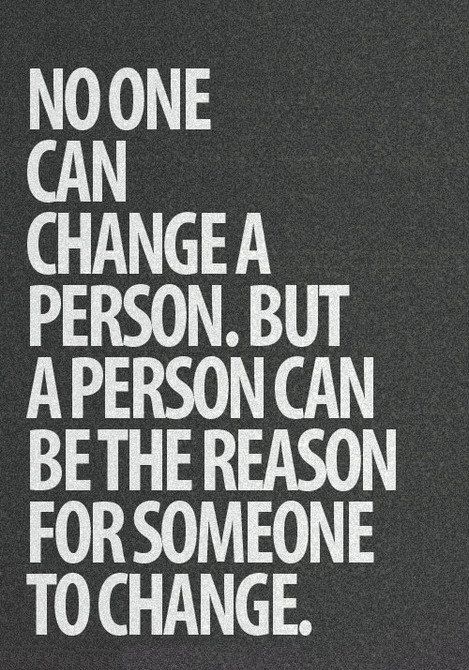 These kids see their intelligence as a fixed trait, you either have it or you don't. On the other hand, children who are praised for their efforts tend to perceive their intelligence as malleable. These children, Dweck found, tend to overcome difficulties and are more willing to learn.
These kids see their intelligence as a fixed trait, you either have it or you don't. On the other hand, children who are praised for their efforts tend to perceive their intelligence as malleable. These children, Dweck found, tend to overcome difficulties and are more willing to learn.
So what can you do to change your personality?
The transition from introvert to extrovert can be extremely difficult (or even impossible), but there are things experts say you can do to make real and lasting changes in aspects of your personality.
Focus on changing your habits. Psychologists have found that people who exhibit positive personality traits (such as kindness and honesty) develop habitual responses that become ingrained. Habit can be learned, so changing habitual responses over time is one way to change personality. Of course, forming a new habit or breaking an old one is never easy and takes time and serious effort. With enough practice, these new behaviors eventually become second nature.
Habit can be learned, so changing habitual responses over time is one way to change personality. Of course, forming a new habit or breaking an old one is never easy and takes time and serious effort. With enough practice, these new behaviors eventually become second nature.
Change your beliefs. If you believe you cannot change, then you will not change. If you're trying to become more outgoing, but you believe that your introversion is a constant and unchanging trait, then you'll just never get outgoing. But if you think your personality is fluid, you're more likely to put in the effort to become more outgoing.
Focus on the process. Dweck's research has consistently shown that praising effort, not skill, is necessary. Instead of thinking "I'm so smart" or "I'm so talented," replace such phrases with "I worked really hard" or "I found a good way to solve this problem." By shifting to a shaping growth mindset rather than a fixed mindset, you may find it easier to experience real change and growth.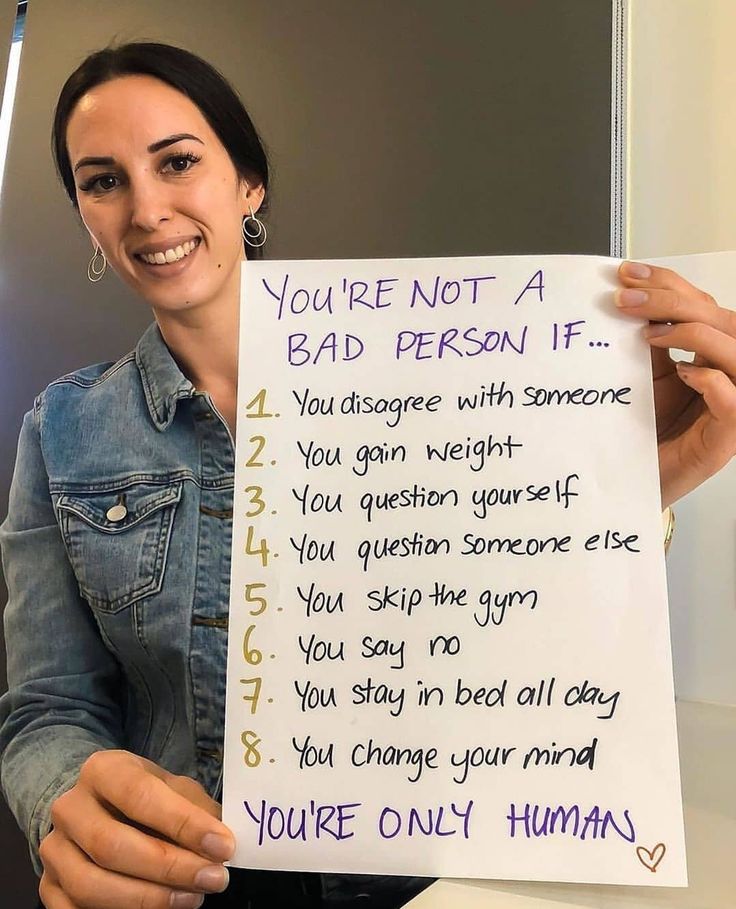
Positive psychologist Christopher Peterson recognized early on that his introverted personality could have a detrimental effect on his academic career. To overcome this, he decided to start acting extraverted in situations where it was required, such as when he was giving a lecture to a class full of students or giving a talk at a conference. Ultimately, this behavior just becomes second nature. While he assumed he was still an introvert, he learned how to become an extrovert when he should have been.
Personality change may not be easy, and changing some common traits will never be entirely possible. But researchers believe there are things you can do to change certain aspects of your personality that exist below the level of consciousness and can lead to real changes in the way you act, think and live in your daily life.
How our character changes with age.
 Spoiler - we are getting kinder. But why?
Spoiler - we are getting kinder. But why? - Zaria Gorvette
- BBC Future
Image credit: Getty Images
Personality does not remain the same throughout life, as previously thought. Recently researchers made an amazing discovery - our character improves with age.
"Mr. President, I want to raise a question directly related to national security ..." began journalist Henry Trevitt during the presidential debate.
It was October 1984 and Ronald Reagan was running for a second term. A few weeks earlier, he had unsuccessfully performed against his main rival. And now many thought that 73 years is too respectable age for the presidency.
- "Young God": a pensioner wants to become 20 years younger through the court
- How old do you feel? Your future depends on it
After all, Reagan was already the oldest US president in history.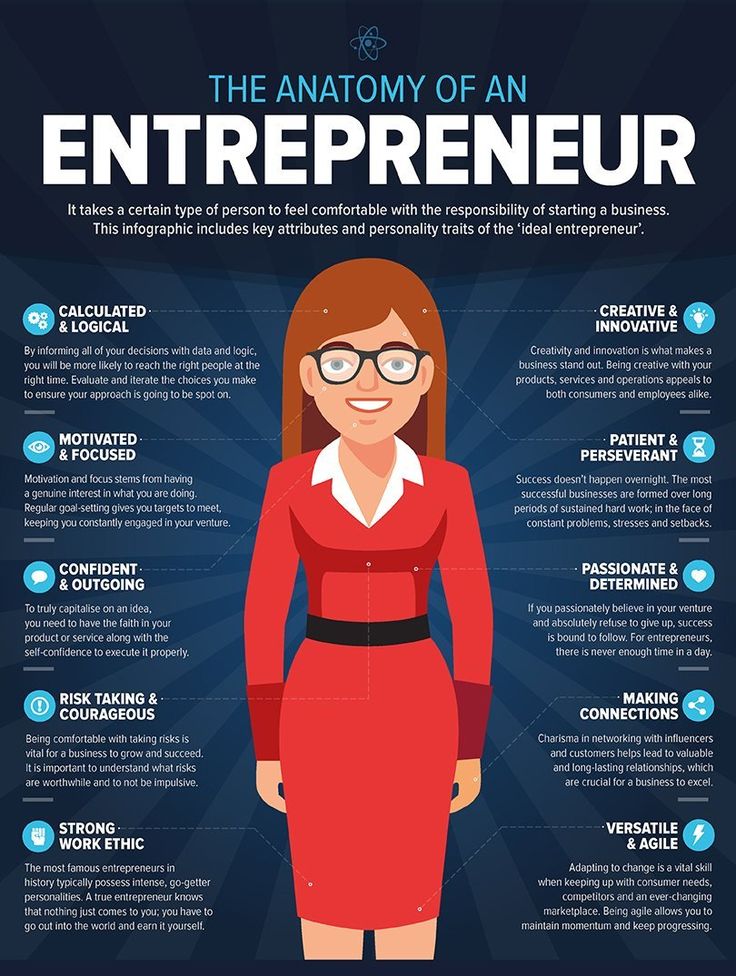 His predecessor had to stay up at night during the Cuban Missile Crisis. And Trevitt wanted to know: Is Reagan confident that he can effectively do such a serious job?
His predecessor had to stay up at night during the Cuban Missile Crisis. And Trevitt wanted to know: Is Reagan confident that he can effectively do such a serious job?
"Absolutely," the president replied, suppressing a smile.
"I would also like to point out," he added, "that I will not make age a key issue in this campaign. After all, drawing attention to the youth and inexperience of my opponent would not be politically correct."
His answer was followed by laughter and thunderous applause, and soon a landslide victory in the elections.
Image copyright, Getty Images
Image caption,When Ronald Reagan ran for a second term in 1984, he was already the oldest US president in history
Skip the podkast
Podkast
Shcho Tse Bulo
Golovna Tizhnya, Yaku explain our journalism
VIPESS
Kinets pode
in the words of Ronalda Raigan. The advantage of age was not only experience, but also a "mature personality."
The advantage of age was not only experience, but also a "mature personality."
Aging is accompanied by physical changes in our body - the skin loses its elasticity, the nose grows, hair appears in the wrong places, and disappears where it should, we become shorter.
However, researchers have recently discovered another change - perhaps the most surprising.
"We don't stay the same person throughout our lives," says René Mettus, a psychologist at the University of Edinburgh.
Although we think that our personality remains the same throughout our lives, research suggests otherwise.
Our traits are constantly changing, and by the time we reach our 70s or 80s, we experience a significant transformation.
But unlike the disappointing changes in our bodies that old age brings, personality changes have some surprising consequences.
We become more conscientious and friendly and less neurotic.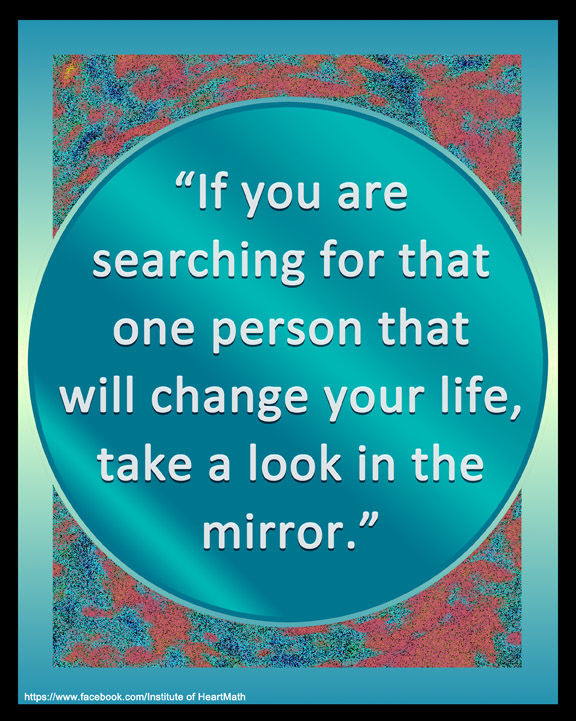
And the features of the "dark triad" - Machiavellianism, narcissism and psychopathy - become less expressive, and consequently, the propensity for antisocial behavior, such as crime and drug addiction, also decreases.
Research shows that we are becoming more altruistic and honest people. We grow willpower and develop a better sense of humor.
After all, older people are better at controlling their emotions. It seems that the stereotype of grouchy old men will have to be reconsidered.
Image copyright, Getty Images
Image caption,Our character changes throughout life
Psychologists call these changes "personal maturation."
This is a gradual, imperceptible formation of personality that begins in adolescence and continues until at least the eighth decade.
It is also interesting that this trend is observed in all cultures, from Guatemala to India.
It would be logical to assume that these constant changes make the very concept of personality rather meaningless.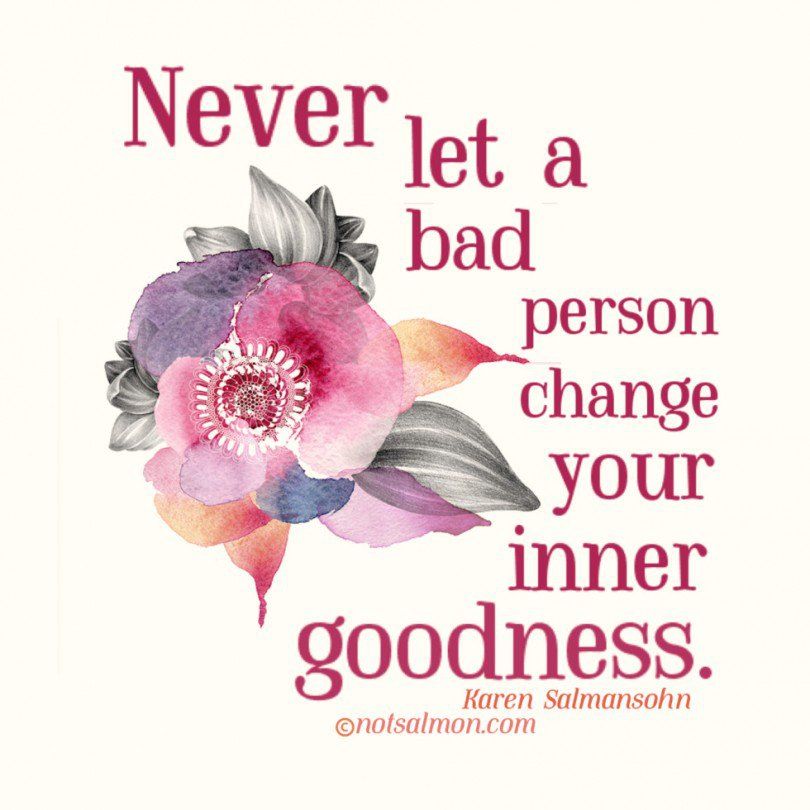 But it is not so.
But it is not so.
The fact is that although these changes occur in the person himself, they are not so noticeable when compared with other representatives of the same age group.
For example, with age, the level of neuroticism generally decreases, but the most neurotic personalities among 11-year-olds will remain the most neurotic among 80-year-olds.
"At its core, our character remains unchanged, because it is the traits that distinguish us from other people," explains Rodica Demian, a social psychologist at the University of Houston.
"But in relation to ourselves, our personality is not the same throughout life," she adds.
Since personality maturation is universal for all people, scientists suggest that it is genetically programmed and possibly a consequence of evolution.
Image copyright, Getty Images
Image caption,People with a high level of self-control at an older age will be healthier
Another hypothesis states that a person's character is only partially shaped by genetics, and social factors play a significant role in its formation.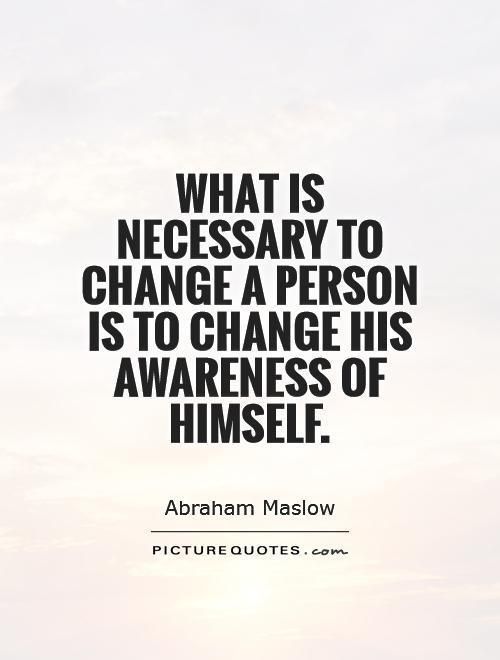
For example, research by Wiebke Blijdorn of the University of California found that in cultures where people get married, start working, and have adult responsibilities at an earlier age, the individual also matures earlier.
"People are forced to change their behavior and become more responsible. Our personality thus adapts to the challenges of life," says Dr. Demian.
But what happens in very old age?
This question was answered by a cohort study in Lothian, in which researchers followed two groups of people from 11 years old to 70 and 80 years old, respectively.
Researchers have found that the personality of people in extreme old age changes in the opposite direction.
If positive changes occur in a person's character throughout life, after 80 years the features begin to return.
People are becoming less open and honest.
"This is understandable.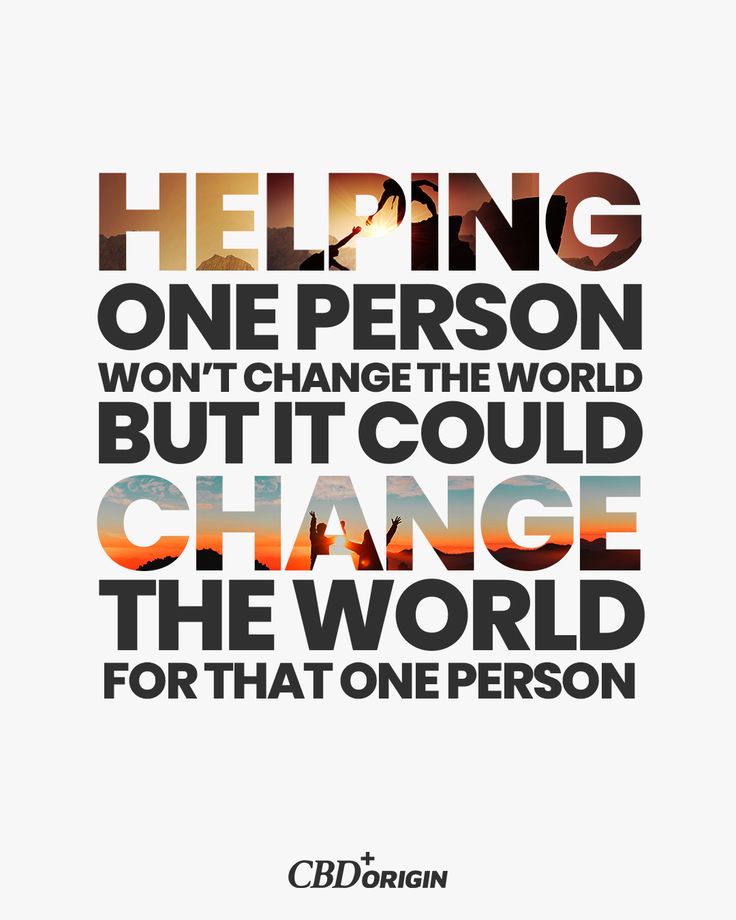 As we age, health deteriorates, close people and friends pass away. This has a certain impact on a person's interaction with the world," explains Professor Mettus.
As we age, health deteriorates, close people and friends pass away. This has a certain impact on a person's interaction with the world," explains Professor Mettus.
Image copyright, Getty Images
Image caption,Our health depends on certain traits of character
As we age, our health also depends more and more on traits. For example, people with high levels of self-control will be healthier at an older age.
Women with a high level of neuroticism are more likely to experience unpleasant symptoms of menopause. And narcissism protects against loneliness, which is believed to increase the risk of early death.
In general, understanding that our personality changes throughout life is proof of its flexibility.
"This is important to realize," says Dr. Demian. "For a long time it was believed that character traits do not change. But now we see that this is not so, our personality adapts to life's challenges.